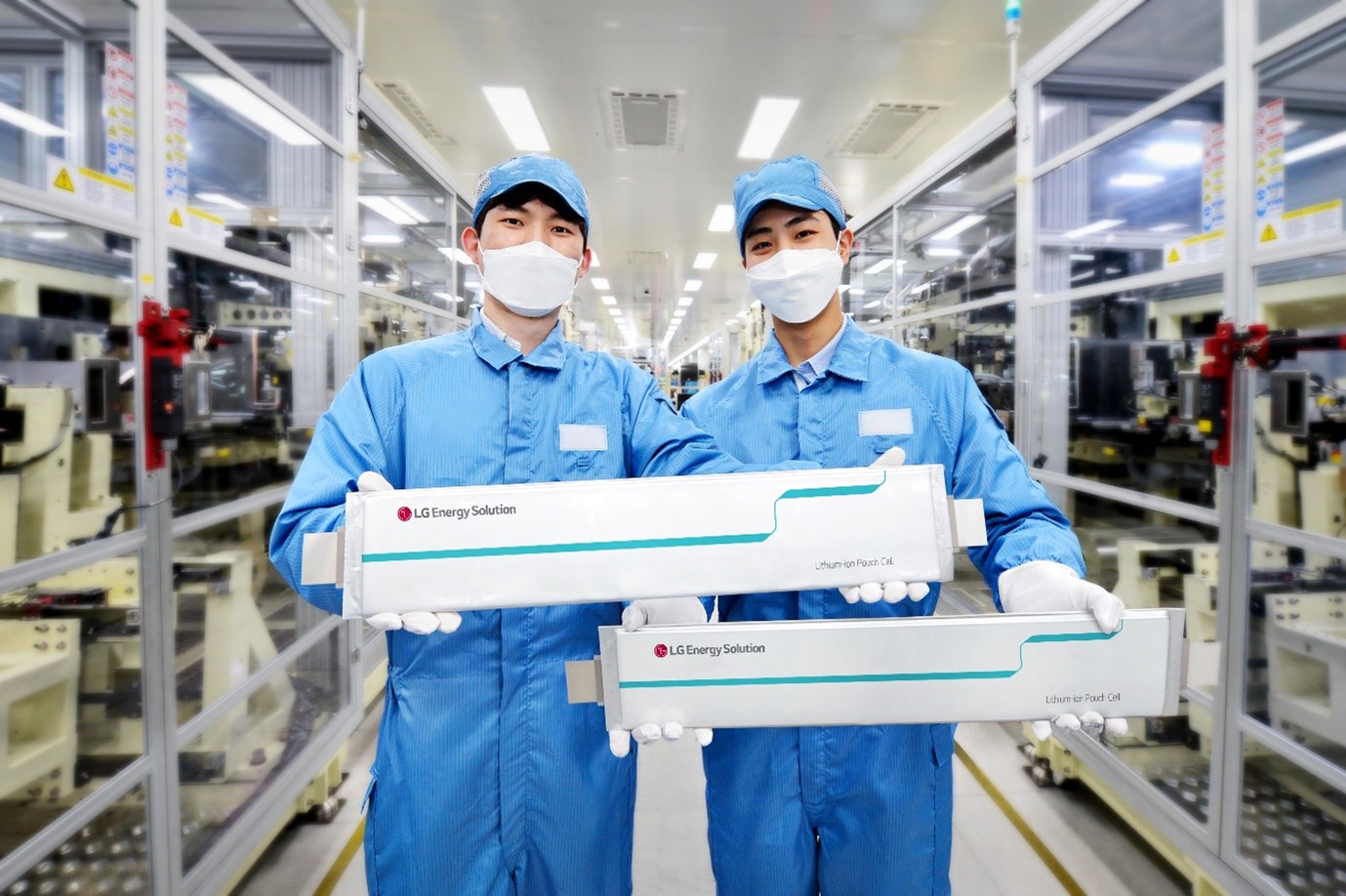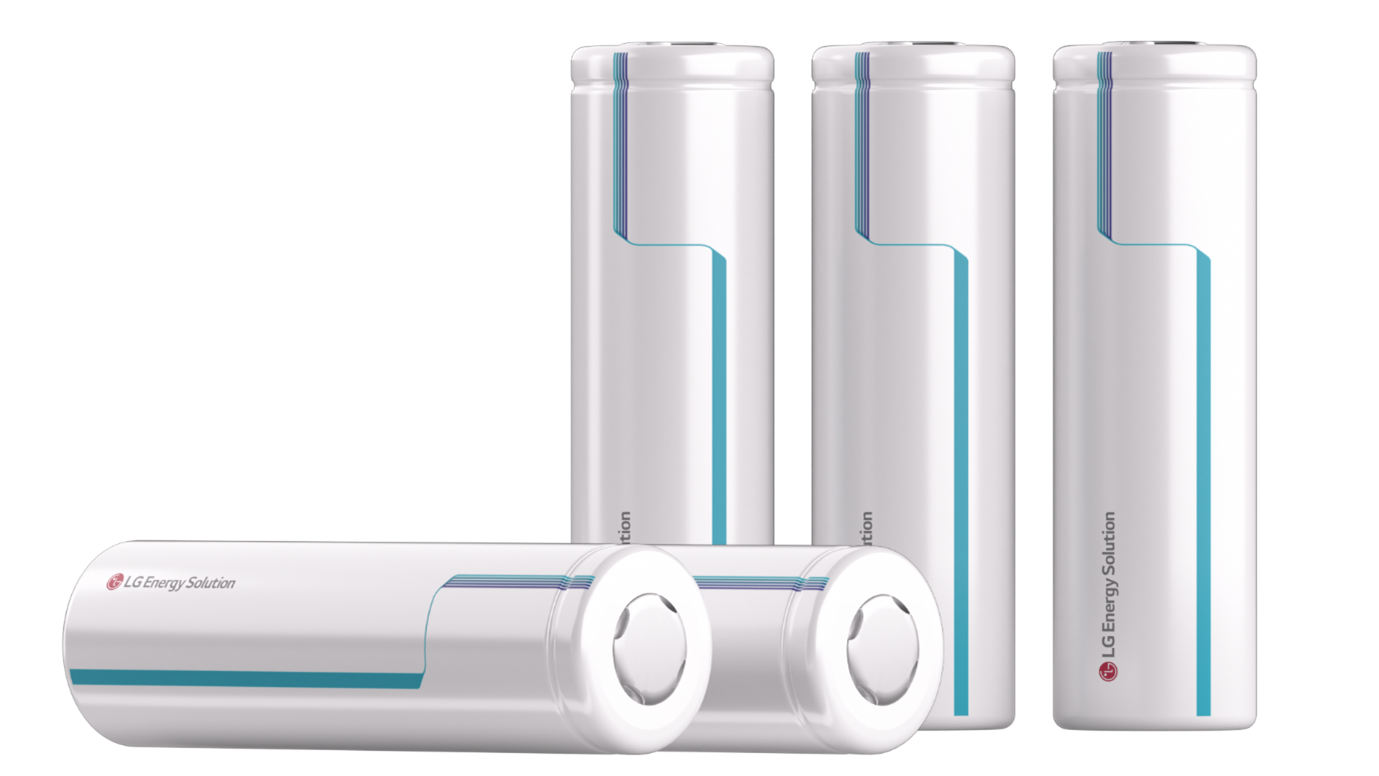- Since entering the market in the 90s, LG Energy Solution has made significant contributions to the battery industry and fortified its technological leadership based on resource-intensive R&D endeavors.
- As the theft of technology becoming rampant and rules of the market being violated, the company is committed to rectify the industrial ecosystem to foster a virtuous cycle of fair competition and technological innovation.
Every year since the turn of the millennium, we have observed World Intellectual Property Day on April 26. This global day was established by the United Nation’s World Intellectual Property Organization (WIPO) to highlight the growing importance of protecting intellectual property rights around the world. For LG Energy Solution, this day is especially meaningful as a global leading battery company that fiercely competes for technological leadership in the field.
When LG Energy Solution entered the race in the 90s, the battery market was akin to a wasteland. Our plan to invest in secondary batteries was deemed risky and foolish. Even after 10 years of research, we struggled to keep up with the cutting-edge technologies of the leaders at the time. To turn a corner, LG Energy Solution set itself numerous goals including reducing the thickness of batteries used in mobile phones by 2 millimeters. Our researchers and engineers achieved this tremendous feat after resource-intensive trial and error, and it is without doubt one of our greatest contributions to the battery industry, if not our greatest to date. After decades of technological innovation, we can now proudly say that we lead the battery industry.
However, today we also fear for the battery industry’s progress. Even though technology is core to everything we do in the battery industry, as it leads to the clean energy transition, rather than tenacity and investment in technology being respected, the theft of technology seems to be rampant. The fair rules of the market have been lost. Latecomers of recent years are constantly disrupting the market and customers by simply copying major players’ core battery technologies without consent or offering proper compensation, audaciously presenting them as their own.
The risk of investing in the development of technology has never been greater because of a culture that shows no respect to the protection of proprietary technologies. In a battery ecosystem where innovation is not admired and rewarded, the pace of progress will likely diminish over time, depriving consumers of genuine innovation.
To rectify this growing issue, the industrial ecosystem must be restructured to foster a virtuous cycle that promotes innovation over theft. Ultimately, utilizing the technologies developed by their original innovators should entail fair compensation, while those innovators establish a framework that facilitates technology dissemination. This approach will accelerate progress in the battery industry, enabling the true innovators to use the money they receive for their technologies to fund further R&D endeavors.
As one of the few true pioneers of the battery industry, we are committed to steering the ship back on course. To do this, we will exert every effort to foster a virtuous cycle wherein companies vigorously compete to drive innovation forward, so that customers can also reap the benefits of progress.


